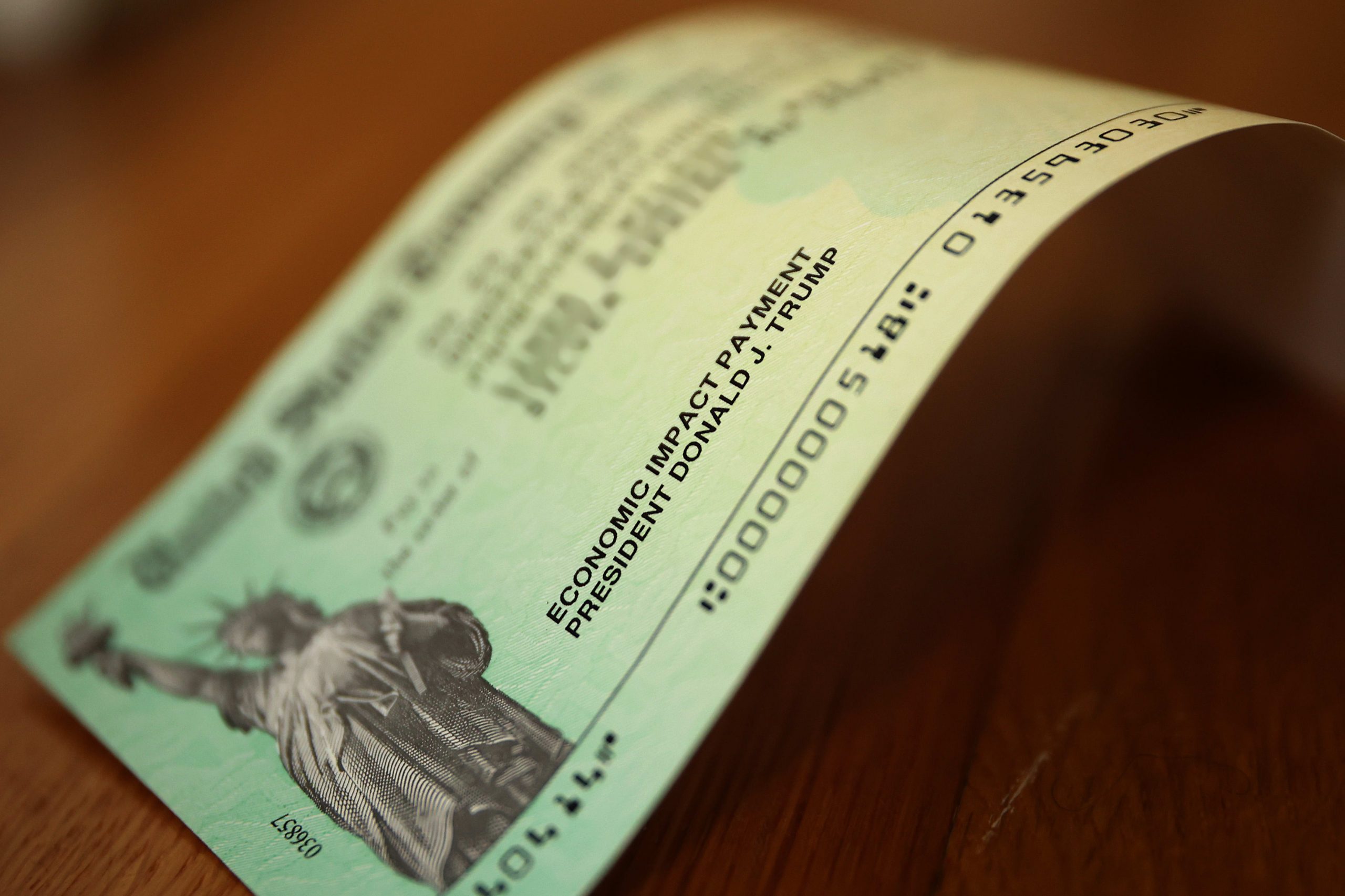
Three more proposals for federal stimulus are being discussed in Congress: The HEROES Act, the HEALS Act and the Coronavirus Assistance for American Families Act.
While all three bills have some things in common — each would, for example, deliver a second round of checks to Americans — there are also some key differences.
Like the original CARES Act, the HEROES Act — already passed by the House of Representatives in May — would give individuals $1,200 and families $2,400. Those who file their taxes with an Individual Taxpayer Identification Number rather than a Social Security ID would also be eligible for payments — a stark difference from the CARES Act.
Families would get an additional $1,200 for each dependent in the HEROES Act proposal if it were passed by the Senate and then signed by President Donald Trump. That’s more than twice the amount of the $500 per dependent in the CARES Act stimulus checks. But that would be limited to three dependents, capping the potential total to $6,000 per family.
More from Invest in You:
Quarantine spending was more than just hoarding canned goods
Prices go up every year. That doesn’t mean you have to pay more
If you need cash, try these less-obvious sources
The HEALS Act, introduced by Senate Republicans late last July, has the same payouts of $1,200 and $2,400 for individuals and those filing jointly. Dependents would get $500.
But both the HEALS Act and the HEROES Act share an important difference from the CARES Act. They expand the meaning of “dependent child” to include adult dependents, who missed out on payments in the CARES Act. That could be a disabled adult child dependent on another household, or college students who are adult age.
The Coronavirus Assistance for American Families Act, meanwhile, released by four Republican senators last week, wants to raise the amount for dependents to $1,000. But it would also lower the amount for individuals to $1,000.
A household with dependents would see a bit more with this proposal than the CARES Act. Without dependents, the payment would be slightly smaller. Also under this plan, citizens married to foreign nationals would receive a payment.
SIGN UP: Money 101 is an 8-week learning course to financial freedom, delivered weekly to your inbox.
CHECK OUT: Refinancing my mortgage would save me $14,000 in interest, I was told: Here’s why I didn’t do it via Grow with Acorns+CNBC.
Disclosure: NBCUniversal and Comcast Ventures are investors in Acorns.




